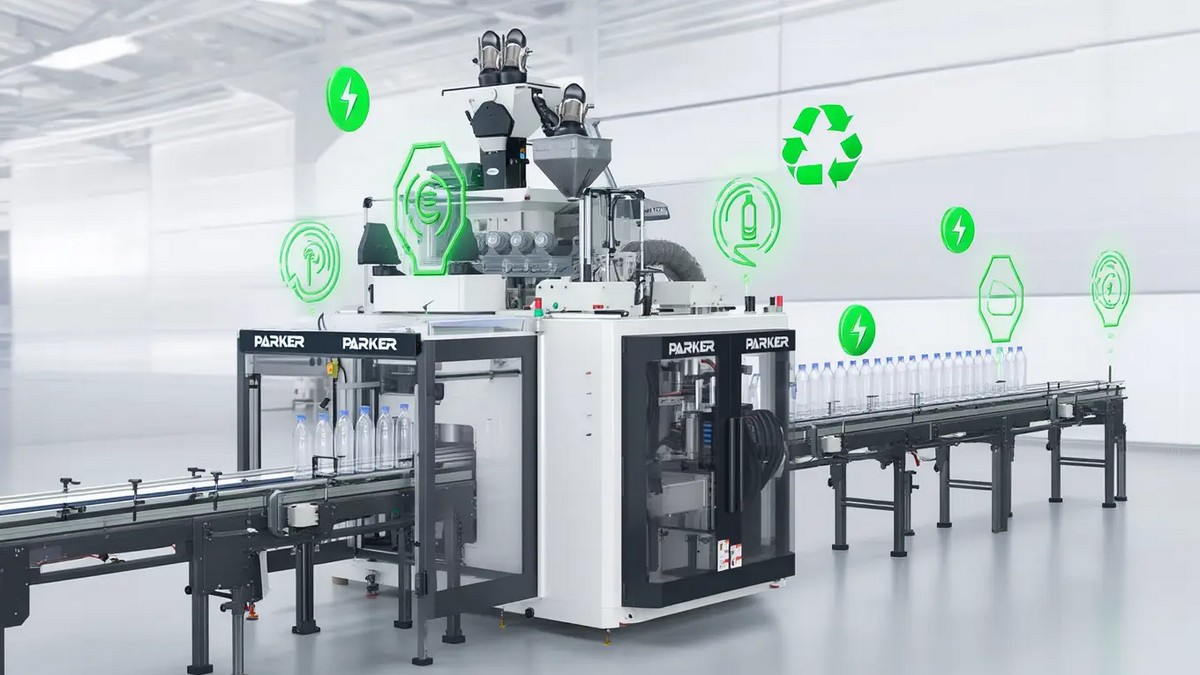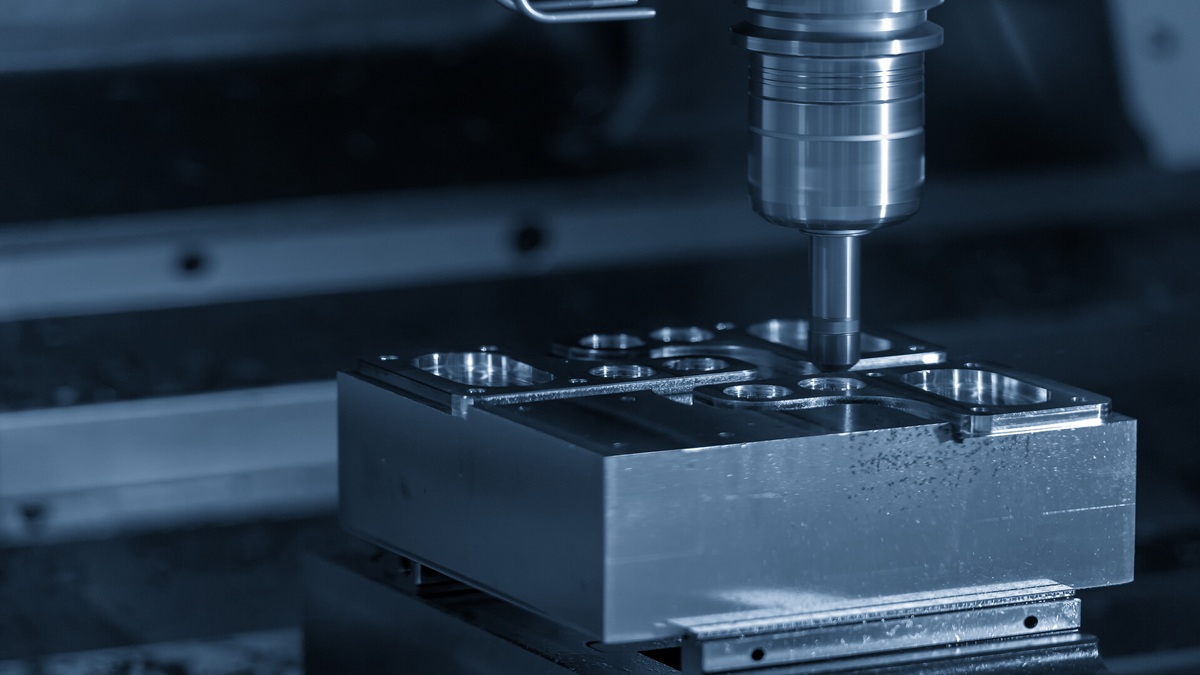At airports, it's a common sight to see travelers dragging suitcases packed with health supplements from Japan or Germany. Why are so many people willing to spend extra money and risk customs checks just to bring home capsules from Japan, Germany, or even the US? This "cross-border health" trend is more than a personal choice; it reflects a mix of market factors driven by brand preference, price differences, and product uniqueness.
Reports indicate that Taiwanese consumers frequently buy large quantities of health supplements when traveling or shopping online. A consumer protection group survey also found that some well-known supplements are up to 4.1 times more expensive in Taiwan than at their original manufacturers in the US and Japan. These phenomena point to consumption trends shaped by globalization and information transparency, as well as the rapid growth of cross-border e-commerce post-pandemic (for instance, Taiwanese e-commerce platform PChome's cross-border sales grew almost fivefold in 2021 compared to the previous year).
This article will analyze the drivers behind this boom in cross-border supplement purchases from three key angles: brand trust, price incentives, and product differentiation.
Brand Trust: The Halo Effect of "Made in Japan" and "Made in Germany"
First, the halo effect of a country's brand often gives consumers confidence in products from a specific origin. A multinational survey found that products from Germany and Japan received the highest consumer trust, with nearly 48% and 45% of respondents, respectively, stating they "trust them very much." In other words, products from Japan and Germany are equated with "high quality and reliability." This brand perception is particularly strong in the health food sector.
For example, Japanese health supplements are known for their "strict quality control," and the market is expected to exceed 1 trillion Japanese Yen in 2023. This is supported by world-class GMP manufacturing standards and rigorous hygiene control. Consumers widely believe that Japanese-made enzymes, collagen, or probiotics are high-quality and trustworthy. German brands, on the other hand, are famous for joint health formulas like calcium and glucosamine, enjoying a reputation for "good efficacy and high safety." The US specializes in highlighting new ingredients and technology, such as premium probiotics or new vitamin formulas. These "country labels" and the established trust in successful brands (like Germany's Bosch and Volkswagen, or Japan's Sony and Honda) often translate into a price premium that consumers are willing to pay.
In fact, the consumer protection group noted that the sales price of the same GNC or DHC supplement in Taiwan is often several times higher than its price in the US and Japan. Overall, brand recognition and reputation make "Made in Japan/Germany/USA" a hidden guarantee, leading travelers and cross-border shoppers to willingly pay a premium for these products.
Price & Value: Unveiling the Huge Price Gap of Supplements
Next, the undeniable factor is the price difference. Surveys show a shocking price gap for the same health supplement products between Taiwan and other countries. For instance, according to an analysis by the consumer protection group, a GNC brand lutein capsule in Taiwan costs 4.1 times its US price, and a GNC calcium citrate formula is 3.7 times more expensive.
Half of this huge difference comes from tariffs and distribution costs. The Taiwanese government imposes an average tariff of 30% on capsule or tablet-form health supplements. This, combined with the profits of importers and retailers and marketing expenses, drives up the price. Due to this significant domestic and international price gap, many consumers choose to save money by purchasing products themselves or through a proxy shopper. Many people check in entire suitcases of health supplements when traveling to get the best deals and avoid the high costs of official import channels. As a result, proxy shopping (or "haitao") communities have boomed, with people sharing deals from foreign drugstores or official websites on Facebook and LINE groups.
At the same time, the rise of online cross-border e-commerce platforms has fueled this buying trend. Taiwanese e-commerce providers have expanded their overseas shopping services, with PChome's cross-border platform sales in 2021 being five times higher than in 2020. With easier payments and mature direct-mail logistics, consumers are no longer limited to buying in person. A few clicks on a phone or laptop are all it takes to order from abroad. Improved shipping speeds also make it more convenient to buy online, rather than carrying heavy items home. In short, the combination of strong price incentives and convenient access is a major reason for the expanding cross-border shopping phenomenon.
Exclusive Products: Why Can't You Find Certain Supplements at Home?
Third, many supplement ingredients or formulas available abroad are not easily found in Taiwan. For example, specific probiotic strains from recent European and American research and patented functional food formulas like NMN (Nicotinamide Mononucleotide) are common in foreign supplement markets but might not be officially available in Taiwan or may be classified as prescription drugs.
In fact, the consumer protection group also noted that the dosage or formula of the same product can vary significantly between countries. Some formulas that are freely sold as "health foods" abroad might be classified as pharmaceuticals in Taiwan due to their dosage, requiring a doctor's prescription. For example, high-dose vitamins or anthocyanins commonly available abroad might be legally considered medicine in Taiwan due to their concentration or claimed effects, and thus prohibited from being sold in regular stores.
Additionally, unique Japanese formulas with complex botanical extracts (such as Japanese camellia or traditional Japanese herbs) are almost impossible to find in Taiwan. This "first-mover advantage" abroad drives health-conscious consumers to travel or shop online to try new things. Simply put, part of the reason consumers are eager to bring back these packages is to access exclusive ingredients and technologies not yet available in the domestic market.
Market Impact: Challenges and Opportunities for the Local Health Industry
Overall, the trend of cross-border health supplement purchases is more than just a consumer behavior; it’s a reflection of globalized information and a growing consumer health consciousness. As information about brands and formulas spreads online, and people's health needs become more specific, consumers naturally seek out products with high trust, low cost, and innovative ingredients through various channels.
For the domestic market, this trend presents both a challenge and an opportunity. The influx of foreign products puts pressure on local manufacturers, forcing them to strengthen R&D, improve quality, or build brand value to compete with foreign brands. At the same time, it pushes local regulators and retailers to consider how to adjust their strategies (such as accelerating the review of new ingredients and adopting international certifications) to prevent capital outflow.
Looking ahead, as cross-border e-commerce regulations become more robust and logistics become more efficient, online shopping is likely to replace simple "proxy shopping" as the primary mode of purchase. E-commerce platforms and government agencies may launch more official cross-border services (like self-use import inspections for health supplements) to reduce risks. Ultimately, in the face of this global health craze, "shopping at the world's drugstores without leaving home" may become the norm, and both Taiwanese consumers and manufacturers will need to adapt with a more open and innovative mindset.









.jpg)
.jpg)
.jpg)

